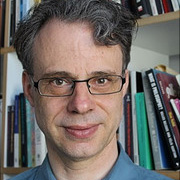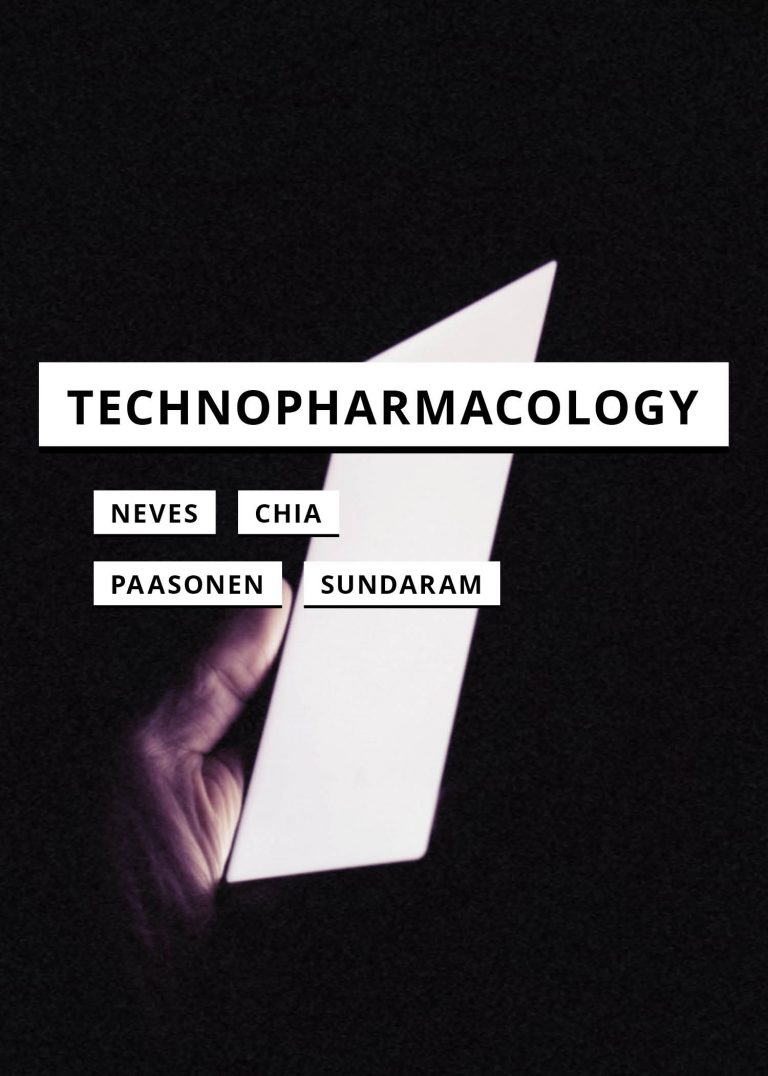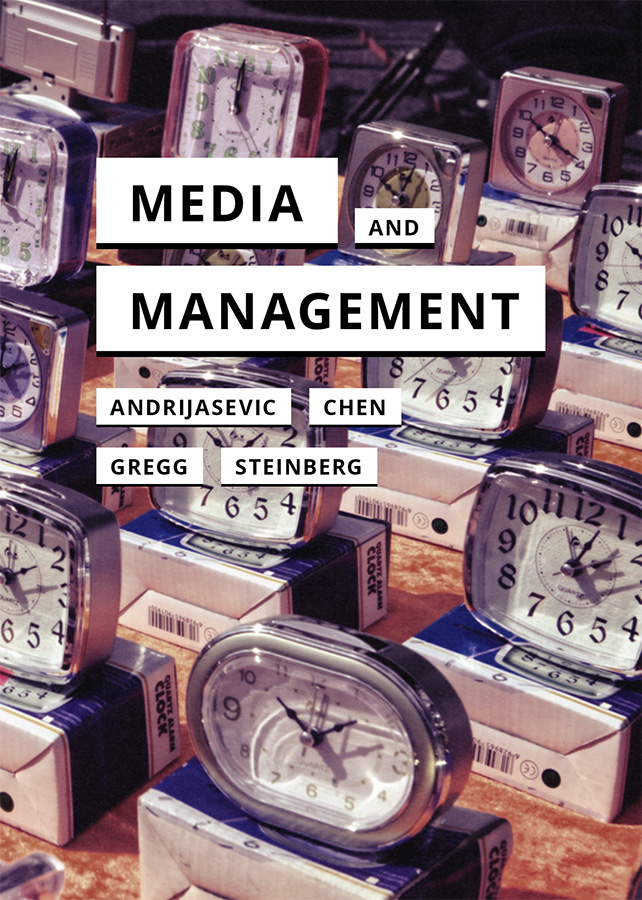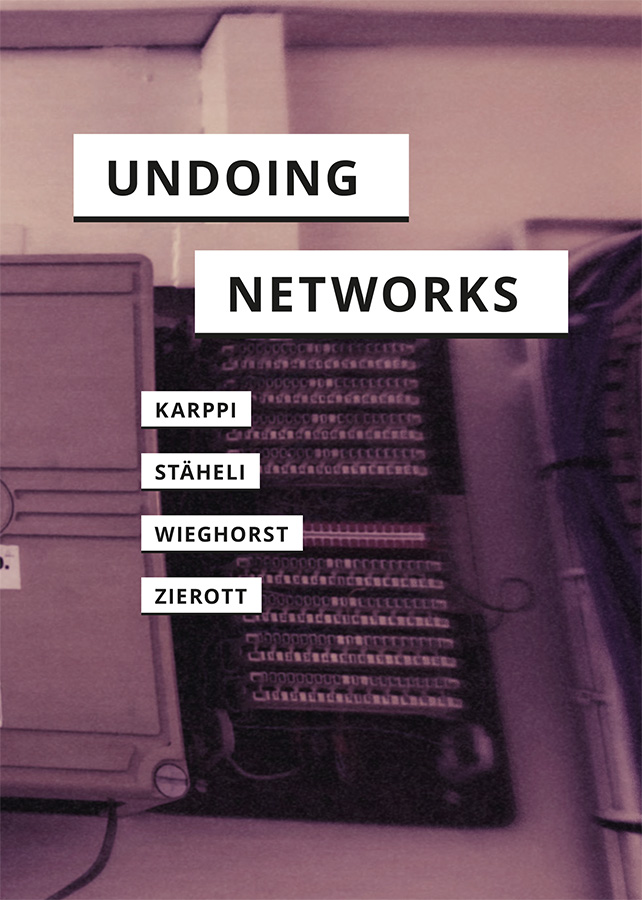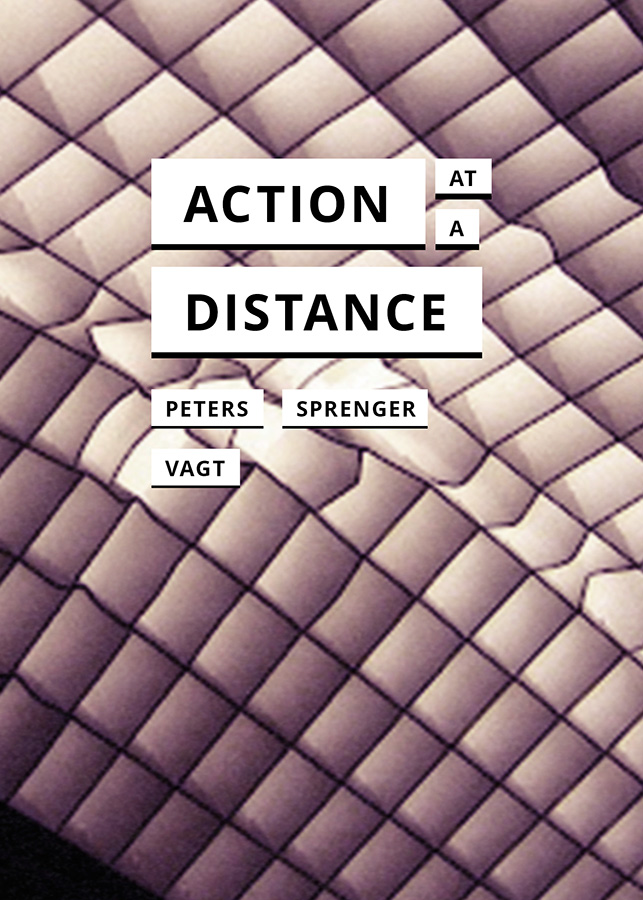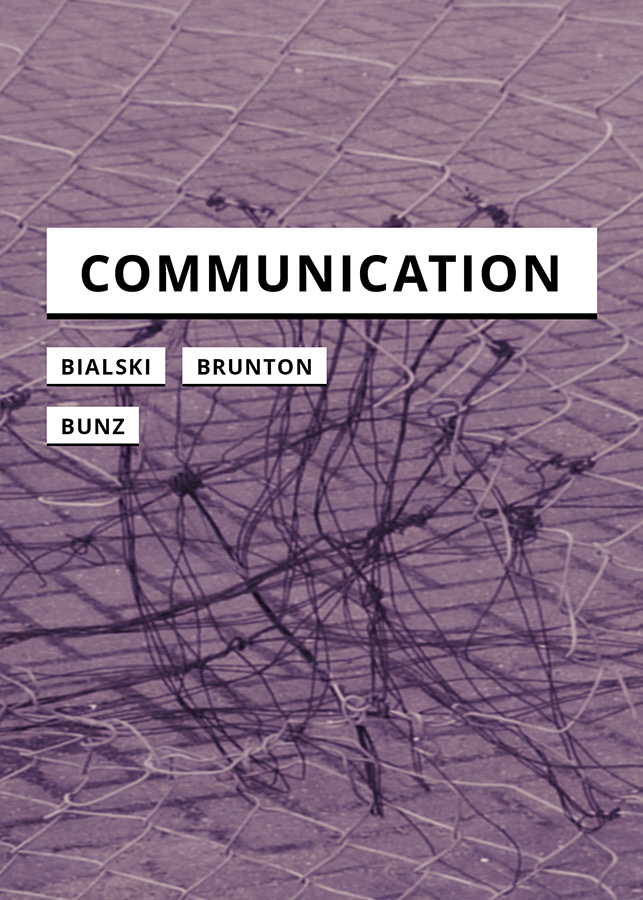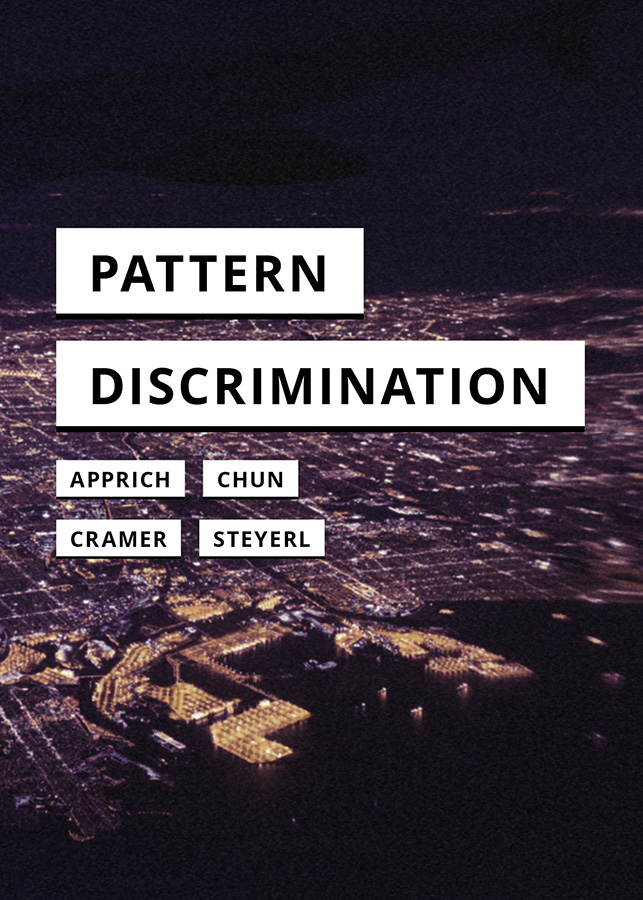Undoing Networks
How do we think beyond the dominant images and imaginaries of connectivity? Undoing Networks enables a different connectivity: “digital detox” is a luxury for stressed urbanites wishing to lead a mindful life. Self-help books advocate “digital minimalism” to recover authentic experiences of the offline. Artists envision a world without the internet. Activists mobilize against the expansion of the 5G network.
If connectivity brought us virtual communities, information superhighways, and participatory culture, disconnection comes with privacy tools, Faraday shields, and figures of the shy. This book explores non-usage and the “right to disconnect” from work and from the excessive demands of digital capitalism.
“This timely collection draws together a range of innovative formats to consider the opportunities for distance, agency, and control in an intimately networked world. Each perspective demonstrates the challenge of disconnection as a means to confront the power of networks while also offering tools for fundamentally rethinking relationality.”
— Melissa Gregg, Senior Principal Engineer, Intel



